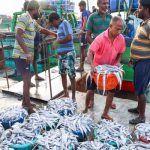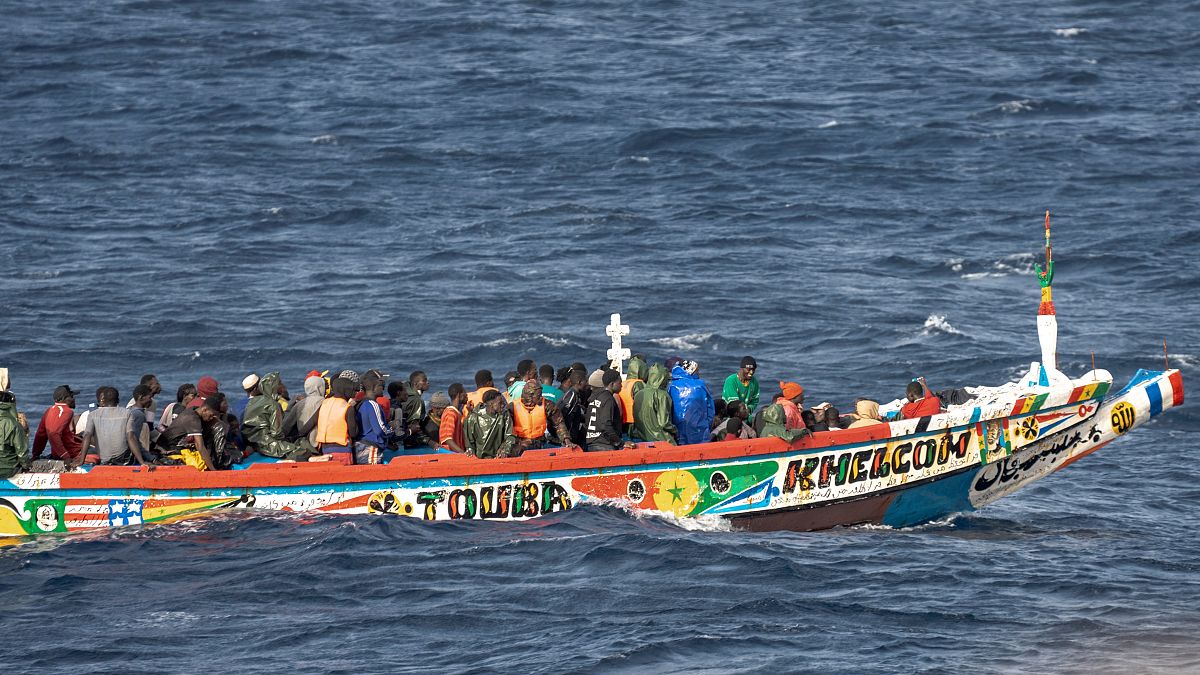Spain recently announced an additional €50 million in funding to assist the Canary Islands, which are currently struggling to care for more than 5,500 unaccompanied migrant children and teenagers. The Prime Minister of Spain, Pedro Sánchez, met with the regional President of the Canary Islands, Fernando Clavijo, to address the challenges posed by irregular migration to the islands. The Canary Islands, located in the Atlantic Ocean closer to northwestern Africa, have seen a significant increase in overcrowded boats carrying migrants.
Sánchez’s meeting with Clavijo on the island of La Palma took place just before the Prime Minister’s scheduled visits to Mauritania, Senegal, and Gambia, key departure points for migrants attempting to reach the islands by sea. While details of the meeting were not made public, Spain’s Minister for Territorial Policy and Democratic Memory, Ángel Victor Torres, described the discussions as productive. The Spanish government has committed to providing €50 million to the Canary Islands to address the influx of unaccompanied minors, a sum that had been omitted from this year’s budget.
The Canary Islands have become a major entry point for irregular migrants into the European Union. While adult migrants typically move on to mainland Spain or other parts of Europe, unaccompanied minors remain under the responsibility of the regional government, which is struggling to cope with the high numbers. The Canary Islands government, with the capacity to care for 2,000 minors, is currently overwhelmed with more than 5,500 unaccompanied children and teenagers. Many of these minors arrived alone or lost their parents during the dangerous boat journey from Africa.
Torres mentioned that Sánchez and Clavijo are committed to finding long-term solutions, including legislative changes to make solidarity among Spain’s regions mandatory. However, a recent attempt to pass such a law in July failed, as lawmakers, including those from the Popular Party, were resistant to a proposal that would have required other regions to take in some of the unaccompanied minors. From January to mid-August this year, over 22,300 people have arrived in the Canary Islands, representing a 126% increase compared to the same period last year.
The Atlantic route from West Africa to the Canary Islands is considered one of the most dangerous migration routes in the world. While exact numbers are difficult to ascertain due to limited information on departures from West Africa, the Spanish migrant rights group Walking Borders estimates that the death toll is in the thousands. Migrant boats that become lost or run into problems often vanish, with some drifting across the ocean for months before being found in the Caribbean or Latin America, carrying the remains of those who were on board.
In conclusion, the situation in the Canary Islands highlights the challenges posed by irregular migration and the need for comprehensive and sustainable solutions. The Spanish government’s additional funding is a step towards addressing the immediate needs of unaccompanied minors on the islands, but a long-term strategy involving legislative changes and regional cooperation will be crucial in managing the ongoing influx of migrants. With the support of all stakeholders, including the EU and neighboring African countries, the Canary Islands can work towards providing a safe and secure environment for both migrants and locals alike.











